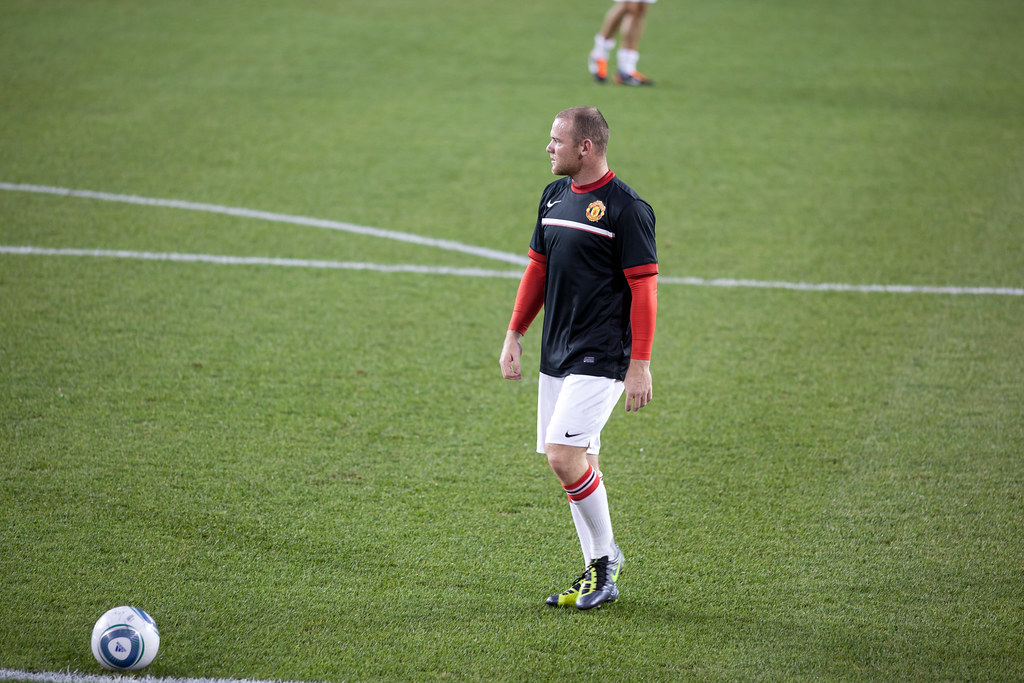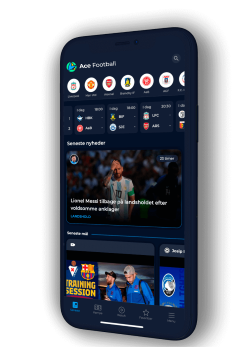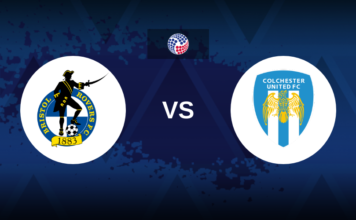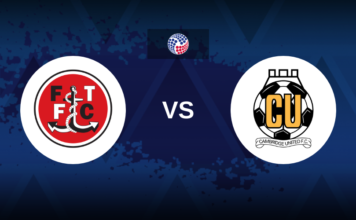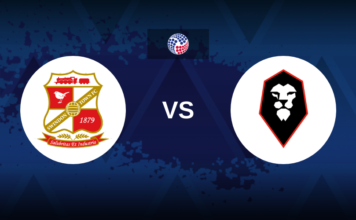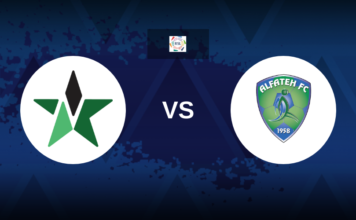When Manchester United signed Robin van Persie in the summer of 2012, many questioned what this meant for Wayne Rooney.
Having just finished a season in which only the Dutchman had outscored him in the Premier League, some speculated that this might be the final blow in Rooney’s sometimes complicated relationship with the club. Instead, the move highlighted what truly made Rooney one of the greatest footballers of his era: his tactical intelligence and adaptability.
The Making of a Footballing Prodigy
Rooney burst onto the scene as a 16-year-old at Everton, famously scoring a last-minute winner against Arsenal to become the Premier League’s youngest-ever goalscorer. Arsène Wenger called him “the biggest English talent he’d ever seen,” not just for his goals but for his remarkable footballing intelligence. At Everton, under David Moyes’ 4-4-2 system, Rooney displayed a rare ability to form effective partnerships with different types of forwards. Whether it was a traditional target man like Duncan Ferguson or a pacey striker like Tomasz Radzinski, Rooney adapted seamlessly.
This ability translated to the England national team, where he forged a lethal partnership with Michael Owen at Euro 2004. While Owen played the role of the traditional No. 9, stretching defenses with his runs in behind, Rooney thrived in the spaces created. His adaptability allowed him to flourish in different tactical setups, making him England’s standout performer at the tournament.
From Prodigy to United Star
In the summer of 2004, Manchester United made Rooney the most expensive British teenager of all time. However, his early years at the club were not without challenges. The team was built around Ruud van Nistelrooy, a prolific but somewhat individualistic striker. Rooney later joked that Van Nistelrooy’s assist for his first United goal in the Champions League against Fenerbahçe was the only pass he ever received from the Dutchman.
When Van Nistelrooy left in 2006, Rooney’s role at United evolved. The arrival of Cristiano Ronaldo, Carlos Tevez, and Dimitar Berbatov saw Ferguson deploy a fluid, interchangeable front three that dominated the Premier League and Europe. Rooney often played a selfless role, tracking back on the wings to allow Ronaldo the freedom to attack centrally. While Ronaldo took the headlines, Rooney was the engine that made United’s attack work, culminating in a Champions League triumph in 2008.
Becoming the Main Man
When Ronaldo departed for Real Madrid in 2009, Ferguson needed to rebuild. This time, Rooney became the focal point of United’s attack. Playing as a true No. 9, he had his best individual seasons, scoring 34 goals in 2009-10. If not for an outstanding campaign from Didier Drogba, Rooney would have won the Premier League Golden Boot.
Despite his success, Rooney still preferred to operate as a No. 10 rather than a pure striker. However, his willingness to adapt never wavered. When Ferguson signed Robin van Persie in 2012, Rooney once again altered his game, forming a devastating partnership with the Dutchman. Their understanding became almost telepathic, symbolized by Rooney’s exquisite assist for Van Persie’s famous volley against Aston Villa, securing United’s 20th league title.
The Legacy of Wayne Rooney
By the time injuries and the physical toll of his early debut caught up with him, Rooney had firmly established himself as one of the most complete players in Premier League history. His ability to change roles, adapt to different tactical systems, and sacrifice personal glory for the team made him invaluable. While he will always be remembered for his spectacular goals, his true genius lay in his versatility.
Wayne Rooney was not just a goalscorer—he was the ultimate team player, a tactical Swiss army knife who could fit into any system and elevate those around him. In an era defined by individual superstars, Rooney’s legacy is that of a player who put the team first, proving that intelligence and adaptability are just as crucial as talent in football’s highest echelons.
